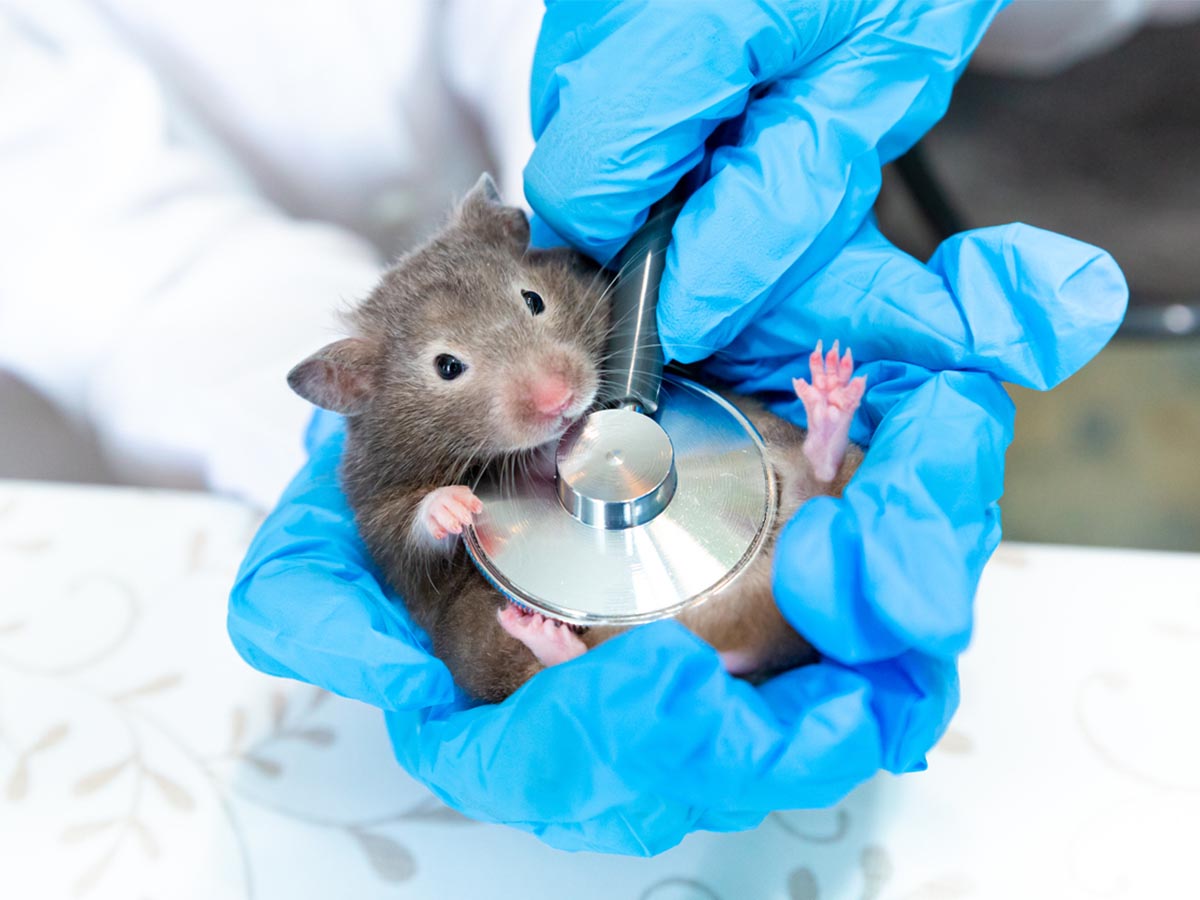The average lifespan of a hamster is around 2 to 3 years. However, some hamster breeds may have a slightly shorter or longer lifespan. For example, Syrian hamsters, also known as golden hamsters, typically live for about 2 to 2.5 years. On the other hand, dwarf hamsters, such as Russian dwarfs and Chinese dwarfs, tend to live slightly longer, with an average lifespan of around 2.5 to 3 years.
Table of Contents
It’s important to note that the lifespan of a hamster can vary greatly depending on a number of factors, such as genetics, diet, and living conditions. Proper care and attention can help your hamster live a longer, healthier life.

Why Do People Worry About The Lifespan Of A Hamster?
There are a few reasons why people might worry about the lifespan of their hamster.
First, hamsters are small animals, and their lifespan is naturally shorter than that of larger pets like dogs or cats. As a result, some people may worry about not having enough time to bond with their hamster or about the possibility of losing their pet at a relatively young age.
Second, the bond that can form between a person and their hamster can be strong and enduring. Losing a hamster can be a difficult and emotional experience, especially for children or people who have had their hamster for a long time.
Finally, people may worry about the lifespan of their hamster because they want to do everything they can to ensure that their pet has a long, healthy life. Proper care and attention can help extend a hamster’s lifespan, and many people want to do everything they can to provide their hamster with the best possible quality of life. Learn more about caring for your hamster here.
Overall, the lifespan of a hamster is something that people may worry about because they care deeply about their pet and want to do everything they can to ensure their well-being.
How Do I Provide The Best Quality Of Life For My Hamster?
To ensure that your hamster has the best possible quality of life, it’s important to provide a suitable habitat, a healthy diet, and plenty of mental and physical stimulation. A clean, spacious cage with plenty of room for your hamster to move around and play is essential. A diet rich in fresh fruits, vegetables, and a high-quality hamster mix will help keep your hamster healthy and strong. And be sure to provide plenty of toys and activities to keep your hamster entertained and engaged.
The oldest hamster ever recorded in the Guinness Book of World Records. This hamster, owned by Karen Smeaton of Tyne & Wear, United Kingdom, lived an impressive 4.5 years before passing away in 2013.
Causes Of Death
Hamsters can die from a variety of causes, just like any other animal. Some common causes of death in hamsters include old age, illness, injury, and genetics.
As hamsters age, their bodies may become less able to fight off illness or injury, and they may be more prone to developing certain health problems. Some common health issues that can affect hamsters include tumors, respiratory infections, kidney or liver problems, and dental issues.
Injury can also be a cause of death in hamsters, especially if they are not provided with a safe and secure habitat. Hamsters are active and curious animals, and they may chew on things or get into accidents if their environment is not properly secured.
Finally, genetics can also play a role in a hamster’s lifespan. Some hamster breeds may have a shorter or longer lifespan than others, and individual hamsters may have inherited certain genetic traits that affect their health and longevity.
Overall, the key to helping your hamster live a long and healthy life is to provide proper care and attention, including a suitable habitat, a healthy diet, and regular check-ups with a veterinarian.
By taking good care of your hamster, you can help extend their lifespan and enjoy many happy years together.

